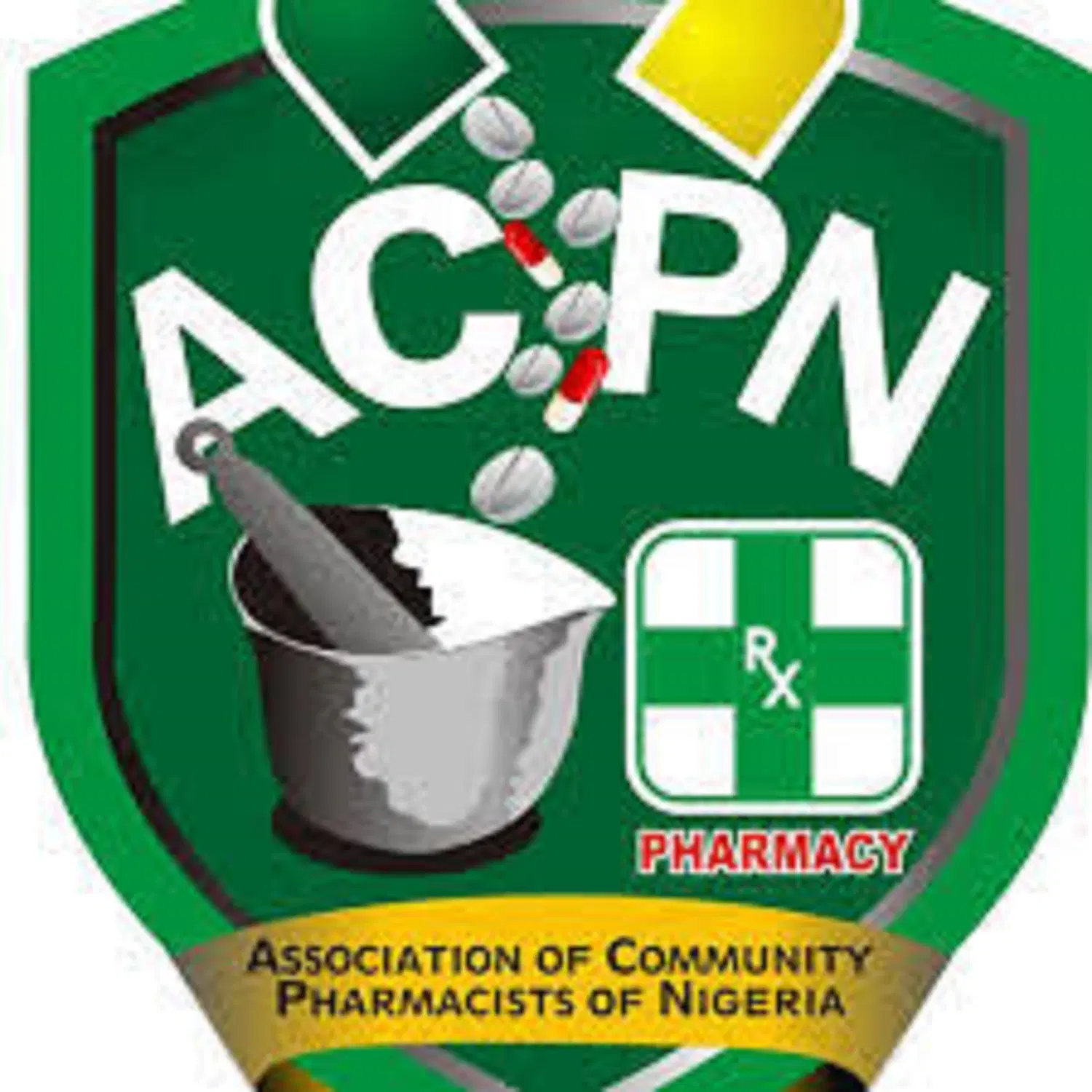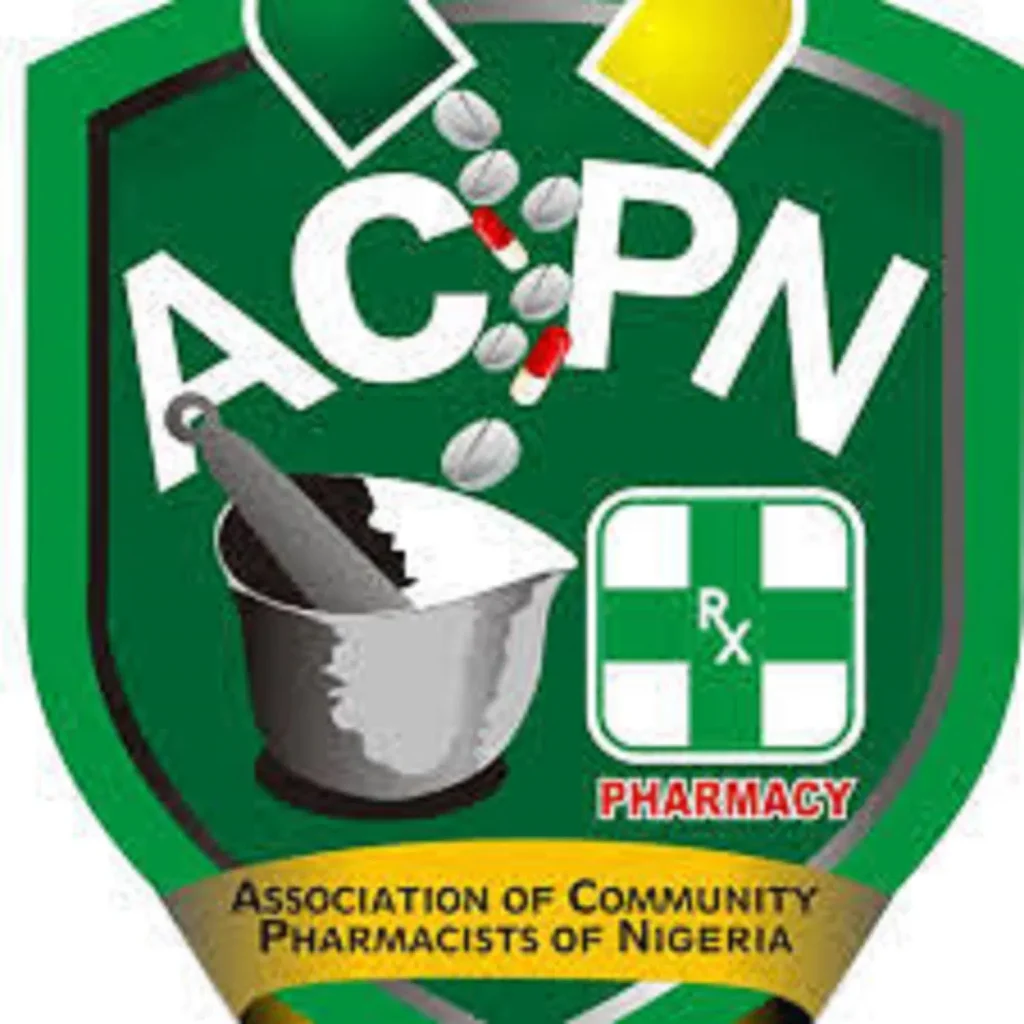
Source: Chioma Obinna

Association of Community Pharmacists of Nigeria
The Association of Community Pharmacists of Nigeria (ACPN) has issued a scathing critique of the current healthcare leadership model in Nigeria, asserting that the dominance of physicians in administrative and procurement roles has led to systemic collapse, widespread corruption, and deteriorating patient outcomes.
In a strongly worded press statement signed by ACPN National Chairman, Pharm. Ambrose Eze, the association directly challenged recent claims made by the Nigerian Association of Resident Doctors (NARD), which had asserted that physician-led leadership guarantees better healthcare delivery.
Describing Decree 10 of 1985 as “infamous and outrageous,” ACPN said the legislation disrupted a previously efficient system where professionally trained administrators, not clinicians, managed hospitals.
“Physicians’ monopoly over top administrative roles such as CMD/CEO, C-MAC, and even catering and energy units has opened the floodgates to inefficiency and unchecked corruption,” Eze stated.
Allegations of Corruption and Financial Mismanagement
The ACPN accused physician leaders of:
- Collapsing Drug Revolving Fund (DRF) schemes in 90% of Federal Health Institutions (FHIs), resulting in ₦30 billion in debt to the pharmaceutical industry.
- Diverting funds and procuring substandard health commodities.
- Causing widespread disrepair of hospital equipment due to lack of business and technical expertise.
- Promoting curative over preventive healthcare for pecuniary interests, undermining the role of environmental health officers.
Citing the ICPC’s categorisation of the health sector as the most corrupt in the national economy, the ACPN noted that multiple physician ministers and hospital administrators have been implicated in high-profile corruption scandals, including under the current administration.
Nigeria’s Alarming Health Metrics
The ACPN attributed the country’s dire health statistics—including high maternal and infant mortality rates, poor logistics, and fake drugs—to what it termed “failed physician leadership.”
“Nigeria ranks 187th out of 191 global health systems. This isn’t just bad policy; it’s a leadership failure,” the statement read.
Physician Monopoly in Policy and Pay Structures
The pharmacists also alleged that physicians dominate salary negotiations while dictating the financial fate of non-physician professionals. The Consultant Pharmacist Cadre, they claim, has faced strong resistance from doctors, who allegedly feel threatened by other health professionals advancing their career paths.
The ACPN decried what it called “systemic sabotage” against the appointment of non-physicians as Ministers or Commissioners of Health, referencing the Nigerian Medical Association’s (NMA) alleged opposition to the 1993 appointment of a pharmacist as Health Minister.
Call for Holistic Reforms
Eze called for a total overhaul of Nigeria’s healthcare governance structure, urging the government to adopt international best practices that ensure checks and balances, promote interprofessional collaboration, and prioritise patient outcomes.